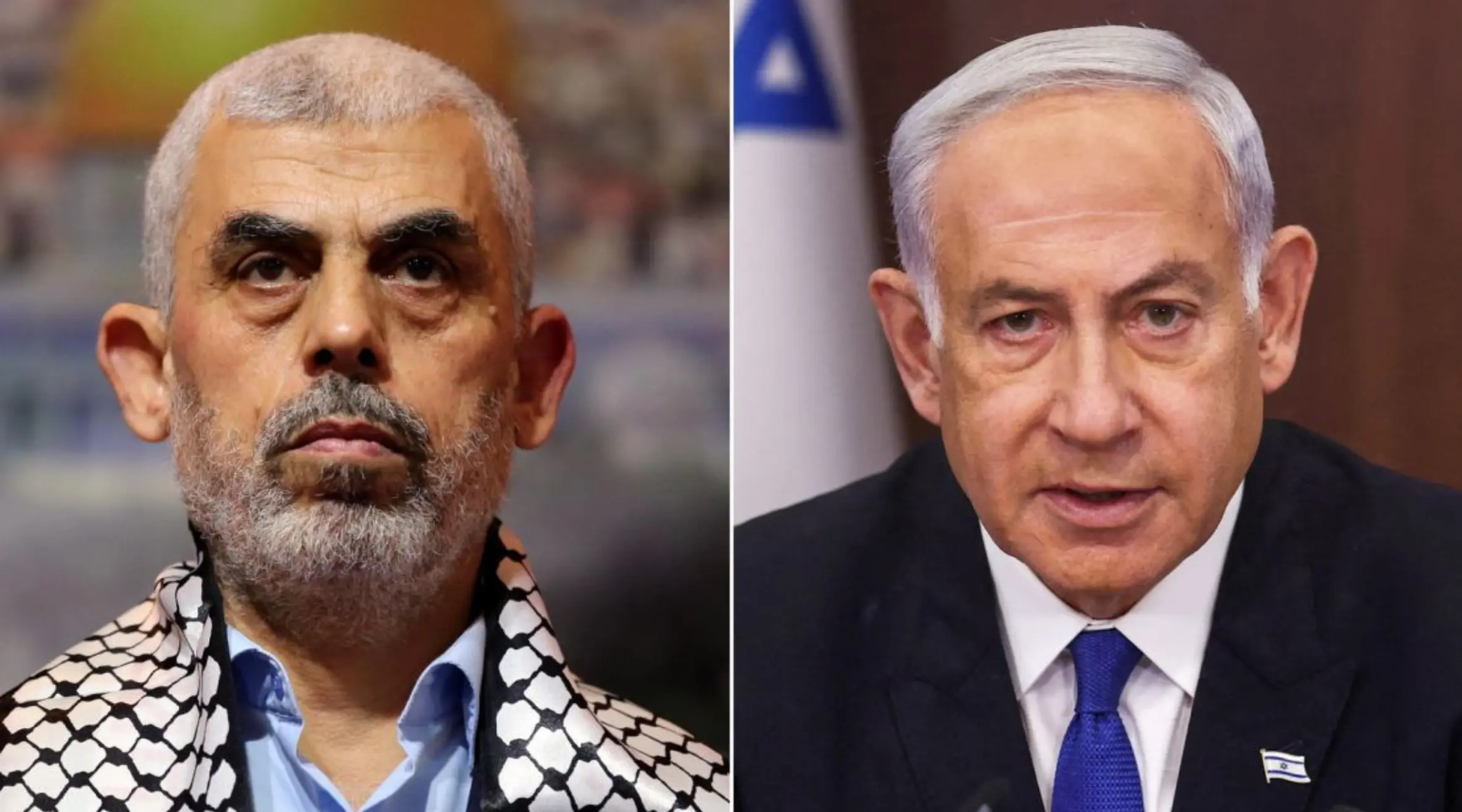Israel (Transatlantic Today) – On Monday, May 20, the chief prosecutor of the world’s top war crimes court sought arrest warrants Monday for leaders of Israel and Hamas, including Israeli Prime Minister Benjamin Netanyahu, over actions taken during their seven-month war. This is to take action against alleged war crimes and crimes against humanity in connection with the killing of civilians. The decision of the ICC judges on this application is expected to take several weeks.
Charges Against Hamas and Israel
According to APA, Hamas leaders Yahya Sinwar, Mohammed Deif and Ismail Haniyeh are accused of coordinating the October 7 attack, which included murder, extermination, hostage-taking and sexual violence. The prosecution also accuses Hamas of torture and other forms of cruelty. On the Israeli side, Netanyahu and Gallant are accused of torture, inhumane treatment, the use of starvation as a weapon of war and the targeted killing of civilians. These accusations are supported by extensive investigations, expert studies, witness testimonies and analyzes.
Reactions from the Conflicting Parties
According to RFI, the affected parties have strongly rejected the prosecutor’s accusations. Netanyahu, supported by most of his country’s politicians, denounced the prosecutor’s accusations against him an deemed them as a “disgrace,” and an attack on the Israeli military and all of Israel. He vowed to press ahead with Israel’s war against Hamas. Hamas criticized the ICC for equating victims with executioner and argued that the charges against Israel were overdue.
International Humanitarian Law Context
International Humanitarian Law was established in four treaties of the Geneva Convention (1949) and subsequent protocols on the legal protection and access to humanitarian aid for civilians and prisoners in situations of war. It is a right with many exceptions, but it is the framework of reference to which States, and non-state armed groups, must refer to have legitimacy.
In 2023, the International Criminal Court issued arrest warrants for President Vladimir Putin and Russian Commissioner for Children’s Rights Maria Lvova-Belova for deporting Ukrainian children to Russia. The 124 states that signed the Treaty of Rome, which established the ICC in 1998, are required to arrest accused individuals if they enter their territory, unless they have diplomatic immunity.
Jurisdiction and Legal Framework
While Israel is not a signatory to the Rome Statute, the ICC claims jurisdiction based on Palestine’s membership in the court since 2015. The prosecution asserts that the alleged crimes occurred during both an international armed confrontation between Israel and Palestine and a non-international military conflict between Israel and Hamas.
Implications for Defendants
The charges bring serious repercussions for both the Israeli government and Hamas. Israel faces have been nationally and internationally criticized, with its initial defense rights argument losing traction. In addition to a genocide accusation filed by South Africa at the International Court of Justice, Israeli citizens and allies accuse Netanyahu’s government of obstacle negotiations for hostage releases in exchange for a ceasefire.
Hamas also faces severe challenges, as the October 7 attack and the resulting deaths of 1,200 Israeli citizens have damaged its reputation. Internal dissent within Gaza criticizes Hamas leadership for underestimating the costs of the Israeli retaliation.
Prosecutor’s Statement
Prosecutor Khan stressed that the universal applicability of international law and the laws of armed conflict. “No infantryman, no commander, no civilian leader – no one – can act with impunity. Nothing can justify intentionally depriving human beings, including so many women and children, of the basic necessities necessary for life. Nothing can justify taking hostages or attacking civilians,” he stated while presenting his request.


























